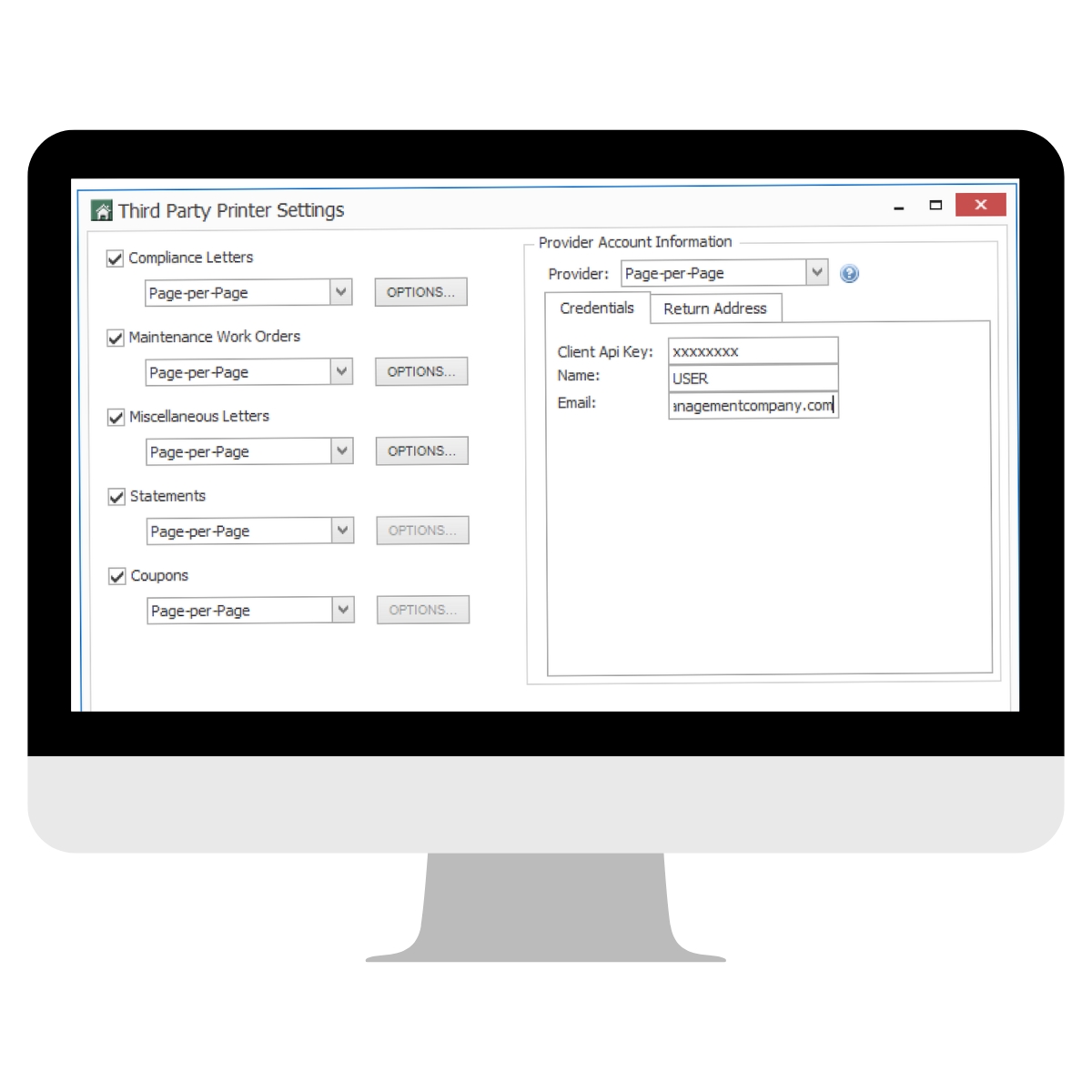The goal of an HOA is to efficiently manage a community, maintain a good neighborhood aesthetic and increase house values. But more than that, it’s to foster a happy community of people who love where they live. And it all starts with the style and principles of HOA management that are used by the board.
As a self-managed HOA, you shoulder a great deal of responsibility and your decisions could affect your neighbors, family and friends. It’s all too easy to slip up and end up with hostile neighbors who are dissatisfied with the way you’re running the HOA. That’s why it’s crucial to review these best practices of HOA management, so your board can exceed expectations and create harmony within the community.
- Build Trust with Homeowners Through Kindness
You’d be surprised by the volume of internet searches around inflammatory terms like ‘HOA horror stories’ and ‘fed up with my HOA.’ It’s no secret that homeowners sometimes develop contentious relationships with their HOAs. But why? It often stems from board members being too objective, if not callous, in their push to enforce neighborhood regulations. Ignoring the nuances of a homeowner’s situation, or failing to consider how they’ll be affected, is a one-way ticket to a league of enraged homeowners banging on the door of an embattled board. Don’t be that HOA board.
You’ll need to be reasonable when choosing to penalize homeowners. Sometimes a simple attempt at enforcing regulations can read as a blatant disregard for other people and the nuances of their situation. For example, if a homeowner builds a playground for their child in a bright color that wasn’t preapproved by the HOA, don’t immediately issue a violation notice and threaten a fine.
Instead, you should:
- Consider the emotions at play in the situation (a parent doing something kind for their child)
- Discuss it at a neighborhood meeting with the homeowner present
- Try to come to a compromise before issuing fines or violation notices.
In short, have a heart. Don’t end up getting national press coverage for being too bullish about enforcing HOA rules in delicate situations – because that has happened!
- Maintain a Standard of Ethical Behavior
HOAs have a degree of power, and as members of the community you’re regulating, it’s incredibly important to remain impartial in your decision-making.
- Don’t have a personal agenda – You’re not making decisions for yourself or friends, you’re responsible for what is in the best interest of the community.
- Treat everyone as equal – You’ll likely have friends in the neighborhood, but remember, everyone must adhere to the same bylaws as everyone else. Preferential treatment is a great way to divide your community.
- Avoid futile disputes – Just because you’re on the board does not mean you have to involve yourself in every community argument. In fact, sometimes it’s best to step away and let homeowners resolve issues themselves.
- Steer clear of conflicts of interest or other self-serving profits – If you feel unable to judge objectively, remember that you can refrain from expressing opinions in the discussion and choose not to cast a vote.
- Make Legal Compliance Top Priority
Being compliant with local, state and federal HOA law is a necessity for any HOA board. There are overarching differences in state law that boards must carefully review before taking action, especially in the following areas:
- Fining homeowners – State law regulates how HOAs can respond to the violation of CC&Rs.
- Enacting assessments – When unexpected expenses pop up, state laws define how HOA boards can cover the cost, especially when splitting the expense among homeowners.
- Voting – It’s imperative to follow your state law’s voting procedures as it ensures the legitimacy of your election.
To hammer that point, let’s take a look at how legal compliance plays a role in HOA voting. Carefully following protocol is necessary to avoid running into legal trouble with your HOA election results.
HOA voting guidelines that might be regulated by the state include:
- Sending out notices to inform the community of an upcoming election.
- Nominating qualified candidates based on pre-specified qualifications.
- Rules specifically around campaigning such as the use of the HOA’s social media, website, mailing list, and gathering in common areas in the neighborhood.
- Ballot procedure requirements, such as mandatory mail-in ballots, in-person voting, or voting platforms.
- How to recall elections or approving an uncontested election and ensuring bylaws don’t clash with state laws.
4. Manage HOA Financials Like a Pro Accountant
It’s important to remember that an HOA is funded by the homeowners. You want them to trust that the board is capable of managing their money efficiently. Competent financial management also ensures the financial health of the HOA. Here are some tips to accomplish that:
- Collect HOA fees on time – A balanced budget relies on homeowners paying their dues on time, so consider sending reminders and/or providing an online payment portal to make payment easy.
- Create regular reports – Keep an up-to-date and accurate record of your HOAs finances by creating regular financial reports such as a monthly balance sheet covering your revenue and expenses.
- Triple check the work – To create transparency, reduce pressure and avoid any costly mistakes, share duties so that more than one person oversees the budget and multiple people verify how funds are spent.
- Enlist a real account/someone with a financial background – Although this isn’t always possible, it’s a great way to keep your HOA finances in tip top shape. When looking for HOA treasurer candidates, put a call out for homeowners who have accounting experience.
5. Never Underestimate the Importance of Homeowner Communication
Whether it’s a proposed fee, a new landscape company, or a big paving job – live by this one rule: homeowners need to know about it. Take care to notify them, and don’t rely on lazy methods like a one-off email to a list of potentially defunct inboxes. Cover all of your bases: mail announcements, bring subjects up at board meetings, send at least two emails for urgent topics, create a website to post updates, to name a few methods. The importance of communication in an HOA cannot be overstated. Full transparency builds trust. With that said, communicating with an entire community can feel daunting on top of your other responsibilities. So, make it easier by relying on a professional to help.
Page Per Page is a print, mail, and technology solutions company built specifically for homeowners associations. We help you keep homeowners in-the-know with a variety of communication tools, from our expert mailing services to our online voting and HOA website solutions. As a business, we bring over a decade of experience to the table, with expert designers to make the process of mailing simple. Whether you need a last-minute meeting announcement, law-abiding election ballots, or coupon books, Page Per Page will exceed your expectations.





